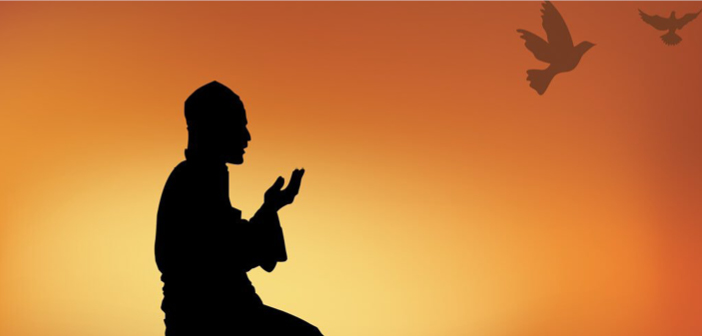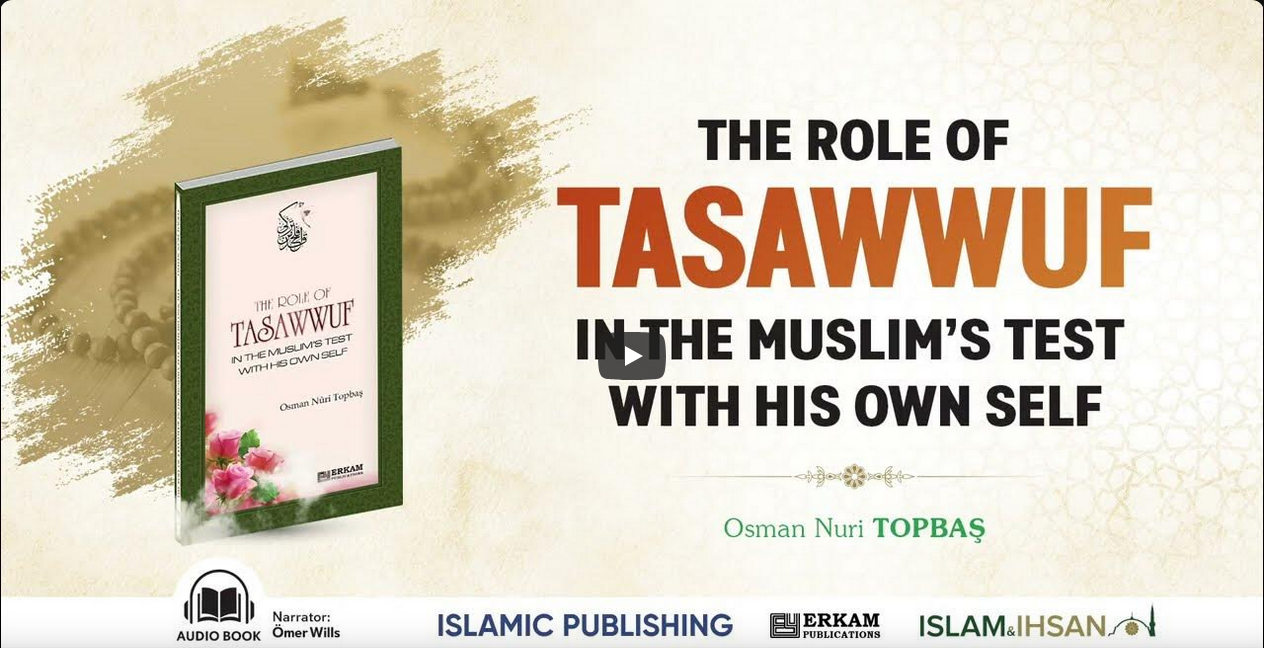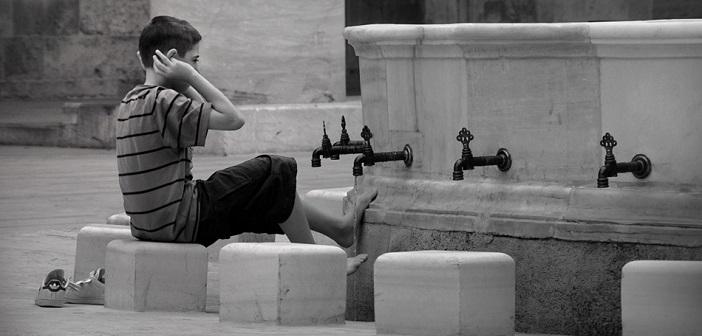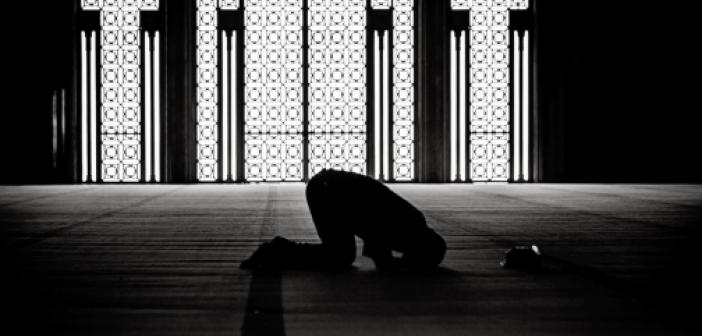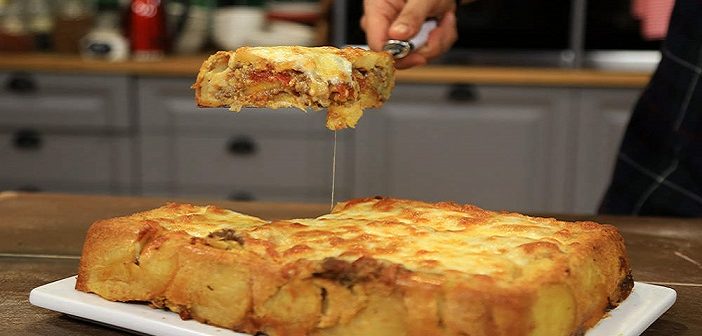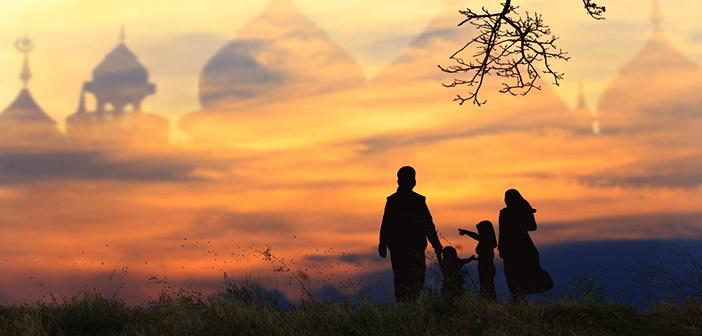
Restore Trusts Where They Are Due!
What is the trust in islam?
The Blessed Prophet -upon him blessings and peace- came to Kaabah and sat in a corner opposite to the Sacred House, while the Companions assumed their spots around him. To bring the key to Kaabah, the Messenger of Allah -upon him blessings and peace- sent Bilal -Allah be well-pleased with him- to Othman ibn Talha -Allah be well-pleased with him-.
“The Messenger of Allah asks you to bring him the key to Kaabah”, Bilal -Allah be well-pleased with him- told Othman, who concurred and to get the key, went to his mother Sulafah who keeping an eye over it at the time.
“I have come to ask for the key to Kaabah”, Othman told his mother, “for the Messenger of Allah has commanded me to bring it to him.”
“I seek refuge in Allah from you surrendering with your own two hands something your tribe prides itself on! Once he takes the key from you, he shall never return it!” responded Sulafah. Only after a while was Othman able to persuade her mother and get the keys. Upon bringing it to the Blessed Prophet -upon him blessings and peace-, he said:
“I give this temporarily as a trust of Allah!” He was afraid he would never be given the keys back. (Waqidi, II, 833; Haythami, VI, 177)
The Prophet of Allah -upon him blessings and peace- unlocked the door of Kaabah. Stepping inside, he asked for the door to be closed behind him. He remained in there for a long while, during which he offered two rakat of salat. (Waqidi, II, 835; Ibn Saad , II, 137)
The Blessed Prophet -upon him blessings and peace- then made his way out of Kaabah; and after giving a talk on the occasion of the fath, he asked Othman’s whereabouts. Othman, who had been present all along, stood up. The Blessed Prophet -upon him blessings and peace- then recited the ayah:
“Surely Allah commands you to restore Trusts to those to whom they are due; and when you judge between people, that you judge with justice: Verily how excellent is the teaching which He gives you! For Allah is He Who hears and sees all things.” (an-Nisa, 58)
After that he said, “Sons of Abu Talha! Take the trust of Allah for you to keep permanently, to uphold it with integrity! Nobody shall take it off your hands accept if you begin to oppress! Today is the day of goodness and loyalty!” (Ibn Hisham, IV, 31-32; Waqidi, II, 837-838; Ibn Saad , II, 137)
The incident underlines the importance of restoring trusts to those to whom they are due. Giving people what is rightfully their due ensures peace and stability for the individual, the family and the community in general. It is not uncommon for even great empires to collapse when people are denied what they deserve. History bears witness to numerous examples of this nature.
The Blessed Prophet -upon him blessings and peace- splendidly reflects the importance of the issue in a hadith:
“Wait for Judgment Day, when trusts are denied from their rightful owners!” (Bukhari, Ilim, 2; Ahmad, II, 361)
In short, the denial of trusts from those to whom they are due is one of the signs of the Final Hour.
Abbas -Allah be well-pleased with him-, who from long before had the privileged duty of supplying water to the pilgrims also asked for the chore of hijabah[1] from the Blessed Prophet -upon him blessings and peace-. The Prophet -upon him blessings and peace- said to his uncle:
“I do not entrust you with a task where you will profit from what people will send to you as cover for Kaabah but with the more troublesome chore where you will spend out of your own pocket to take care of the pilgrims’ need for water and thereby attain rewards.” He then advised his uncle to continue supplying water for the pilgrims.
Abbas -Allah be well-pleased with him- had a vineyard in Taif. Both before Islam and after, he would carry dried grapes from there, add it to the zamzam water and offer it to pilgrims. His sons and grandchildren continued his practice after him. (Ibn Hisham, IV, 32; Ibn Saad, II, 137; Waqidi, II, 838)
On the second day after zuhr salat, the Blessed Prophet -upon him blessings and peace- stood amid a crowd of people and after sending his praises and thanks to the Almighty, said:
“People…! There is no doubt that Allah has declared Mecca sacred and inviolable the day He created the heavens and earth, the sun and the moon! It shall remain sacred and inviolable until the Final Hour! Without a doubt, Allah did deny the Elephant Army entrance into Mecca but has now made His Messenger and the Believers triumphant in regard. Mecca is permitted to no one after me. Mecca’s game is not to be frightened, its thorns not to be cut, property lost therein is not to be picked up except to search for its owner. If one’s kin is killed, he could demand the better one of two things: blood-money or retribution (qisas).”
Abbas -Allah be well-pleased with him- then insisted that idhir, a type of weed, be exempted from the other plants and scrubs not to be touched. “For we use it in our graves and houses”, he said.
The Blessed Prophet -upon him blessings and peace- thereupon declared, “Except for idhir!”[2] (Bukhari, Luqata, 7; Maghazi, 53; Ahmad, IV, 31-32; II, 238)
Another incident that took place on the same day displays the profound emotional depths of the Companions’ hearts. As the Noble Prophet -upon him blessings and peace- was sitting by Kaabah, Abu Bakr -Allah be well-pleased with him- arrived, with his father Abu Quhafah by his side, whom he had brought to the Prophet’s presence.
“You should not have troubled your aged father all the way here”, said the Blessed Prophet -upon him blessings and peace- upon seeing the two. “I could have gone to him instead.”
“It is more fitting for him to come to you than you to go to him, Messenger of Allah”, said Abu Bakr -Allah be well-pleased with him-.
The Blessed Prophet -upon him blessings and peace- had Abu Quhafah seated in front of him and placing his hand on his heart, said, “Become Muslim Abu Quahafah and find peace!” Abu Quhafah did just that; sincerely repeating the words of shahadah, he became Muslim. (Ibn Saad , V, 451)
[1] For hijabah, see, volume 1, pg. ???
[2] A plant with large leaves and a sweet fragrance, the idhir is native to Mecca. As well as providing food for animals, it is also used inside houses and graves. Plants, whose cutting has been prohibited within the vicinity of the Haram, are specified as ‘those which grow on their own’. Together with a degree of controversy regarding the cutting of plants sowed by humans, an overwhelming majority of scholars agree to its permissibility. Cutting from the miswaq tree, for instance, as well as pulling out a leaf or a fruit of a tree is also considered permissible, provided no harm is done to the tree itself. (See, İbrâhim Cânan, Hadîs Ansiklopedisi, XII, 525-526)
The cutting of green trees and weed in the Haram area of Medina, when need be, is considered permissible. Because Medina is an area that thrives on agriculture, the Blessed Prophet -upon him blessings and peace- was asked permission in regard, and as a consequence, the town was given a greater concession than Mecca concerning the use of plants. Hunting outside of Medina was given a like concession. (See, Hamdi Döndüren, Şâmil İslâm Ansiklopedisi, “Harem” entry)
Source: Osman Nuri Topbaş, The Prophet Muhammed Mustafa the Elect II, Erkam Publications
Encouraging Communal Salat
The Return from Badr





